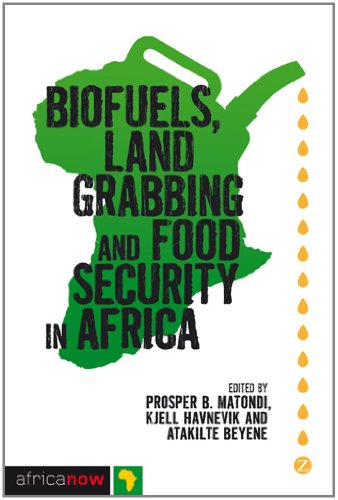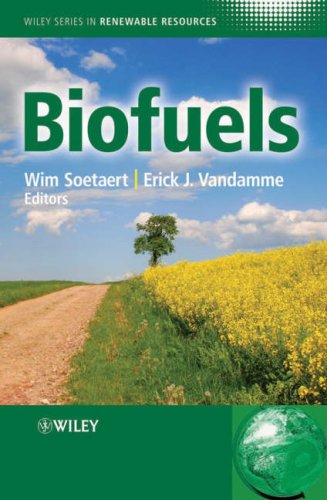Biofuels have become talk of the town these days. These are obtained from biomass and utilize many renewable energy sources. These fuels also use plant matter as the raw material. Solid biomass is known to be the most common types of bio-fuels. The consistent rise in the price of fossil fuel has affected the world economy. The introduction of biofuels has come as a rescue to this problem. In fact, these have acted as a complete replacement for most of our energy requirements. However, prior to completely trusting this renewable energy source, it is important to know about the pros and cons of using biofuels. Stated below are some of the significant biofuels pros and cons.
Biofuels Pros and Cons:
The most obvious pros of using biofuel is the independence it allows from oil that can be bought from outside the United States. The best part is that the emissions coming from direct usage in automobiles is far lesser as compared to those from conventional fuels such as gasoline.
Other benefits:
Biofuels are extracted from the plant oils or animals. This facilitates recycling. This in turn, turns the trash into something resourceful.
Biofuels are cost-effective. In fact, these are considered to be the only fuel available at affordable price.
The best thing about biofuel is that they are safer and can be easily transported from one place to another sans posing any potential risk on the health of consumers.
When using biofuel, there is no peculiar gasoline stench. It is also sulfur-free. Additionally, it aids in eliminating acid rain.
Bio fuel can be used by all vehicle engine types.
Cons of using biofuels:
The traditional petroleum products produce more energy than biofuel. This may result in power loss in engines.
It is true that biofuel can function with most engines but there are just a few specifically designed for this type of fuel.
Chris has written this article and he likes to write and share articles on topics like biofuels pros cons .




